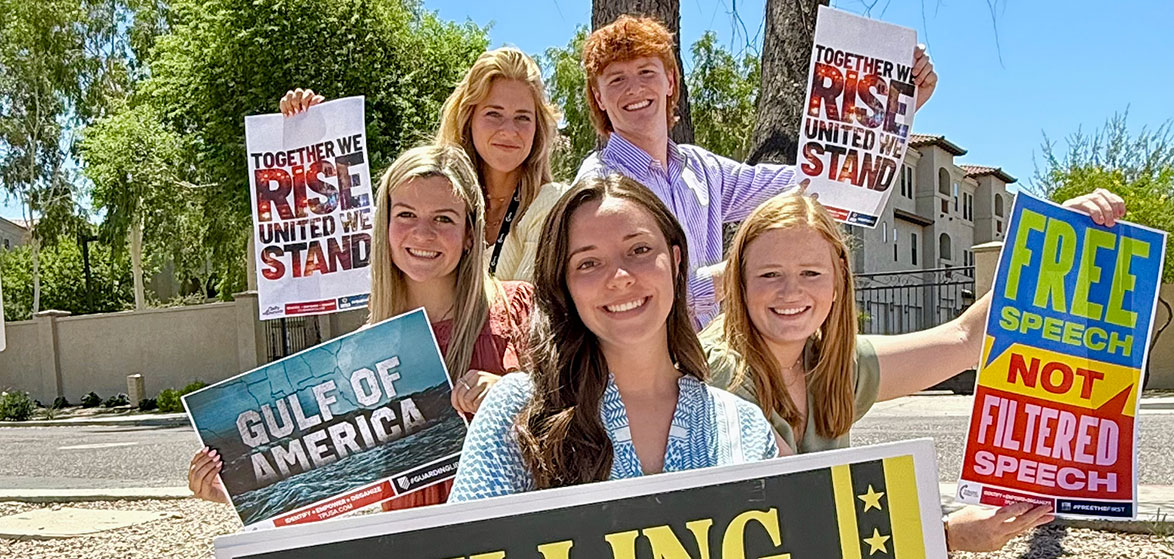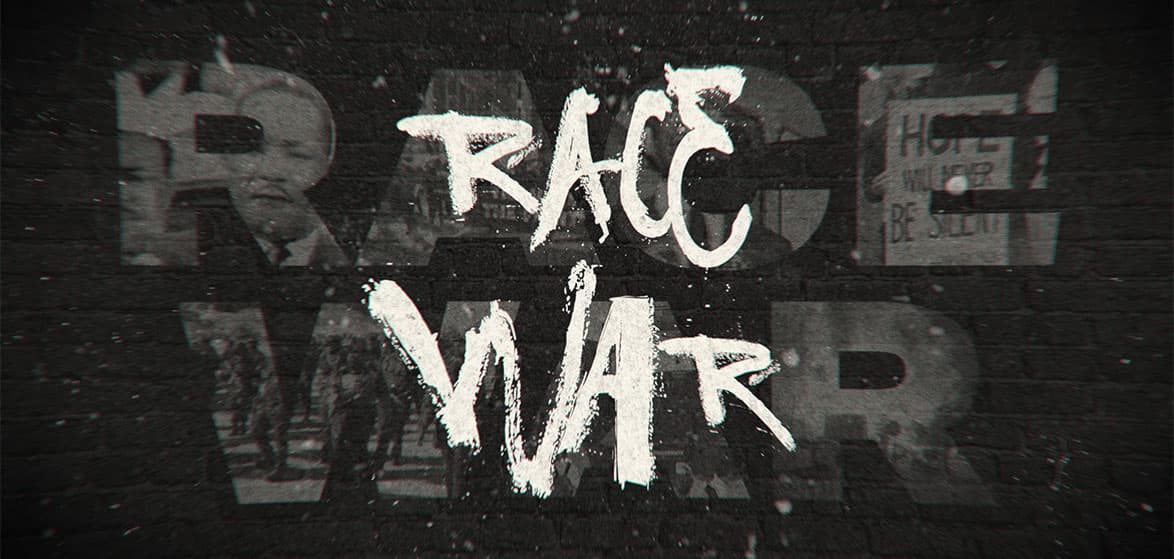
Walmart recently announced the closure of its only two stores in Portland, Oregon amid a yearslong crime wave that has plagued the city.
In 2020, while New York City was experiencing a massive spike in retail theft, Congresswoman AOC explained that the probable cause was economic hardship. “They need to feed their child and they don’t have money,” she pleaded, these people need to “shoplift some bread or go hungry.”
Ironically, it wasn’t bread missing from the isles of retail giants around the country, but we have seen people run out of stores with TVs, clothing, cosmetics, alcohol, and other typically non-essential items.
Last year, Walmart’s CEO Doug McMillon told CNBC’s “Squawk Box” that “theft is an issue. It’s higher than what it has historically been,” of course, downplaying the severity of the problem. “We’ve got safety measures, security measures that we’ve put in place by store location. I think local law enforcement being staffed and being a good partner is part of that equation, and that’s normally how we approach it,” McMillon said.
Even Target’s CEO raised concerns over retail theft, which has jumped 50% year over year, according to CNBC, and has had a “$400 million impact on Target’s margins.”
Walmart’s ultimate closure of the two stores will leave nearly 600 employees out of work, and many more in the community who rely on inexpensive goods out of luck. Numerous smaller retail stores have escaped the city, followed by larger brands Nike and Cracker Barrel last year.
“The whole 82nd area has changed in the last 20 years, especially in the last 10 years. Each year it keeps going down and down and down. More crime, garbage, homeless people, drugs and nobody wants to help.”
“It hurts this community when they leave. A lot of people depend on that store.”
“I have a lot of friends, a lot of friends I deal with before said, ‘I’m leaving Portland.’ Well, they left. That’s like Walmart, they left.”
Darrel Hanson, muffler shop owner in downtown Portland, near Southeast 82nd avenue
From January 2022 to January 2023, there were more than 64,000 reported incidents of property offenses, crime, vandalism, theft, or damage, according to the Portland Police Bureau. More than 13,000 of these reported crimes were for vandalism of property alone.
Since the 2020 BLM riots, which resulted in more than $2 billion in property damages, cities around the U.S. have been dealing with severe crime under the guise of social justice. Like Congresswoman AOC’s take on the rampant shoplifting, so many people excuse this violent and destructive behavior because they view it as a form of reparations for minority communities.
“These communities live in food deserts!” “They are underserved and underrepresented!” So, if they have to steal a television from a big box store to even the score — so be it. In many of the cities where this ideology has taken root, local municipalities have also defunded the police department, and have either lowered cash bail requirements or removed them altogether.
The communities which do everything in their power to uplift the criminal above the storeowner in the name of equity create the very “food deserts” they complain about. When retail and grocery stores are terrorized, ransacked, and vandalized as frequently as they are in Portland, Seattle, Philadelphia, and other cities, it is no wonder why they shut their doors for good in the area.
Some say that bail reform isn’t to blame because of the percentage of repeat offenders being caught shoplifting — but harsh consequences make fantastic deterrents. If a person knows that they will face expensive bail fees, fines, or certain jail time, they are less likely to commit the crime in the first place.














